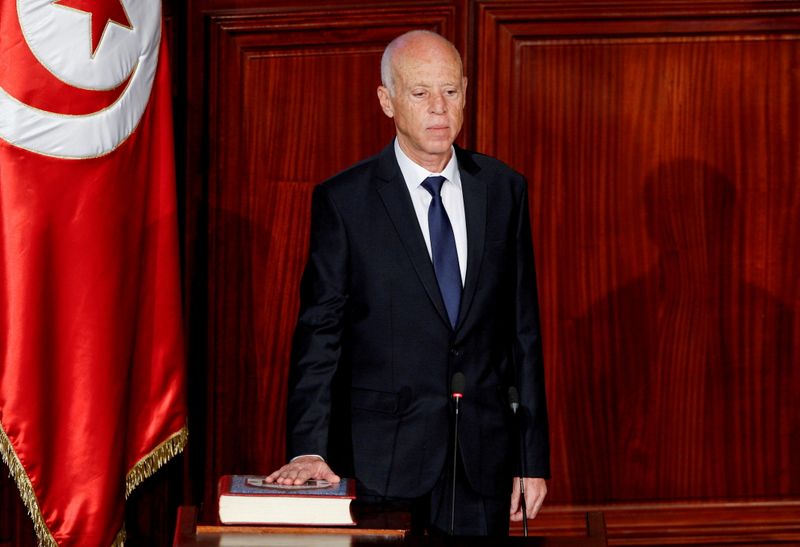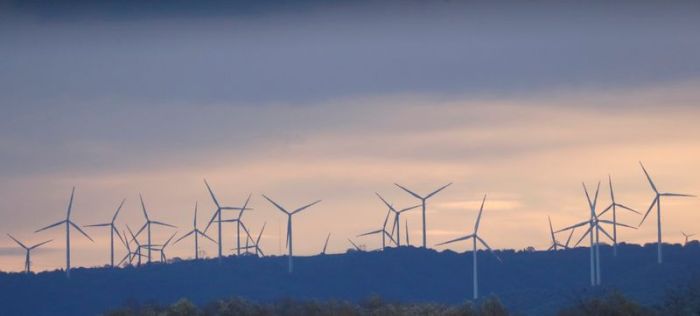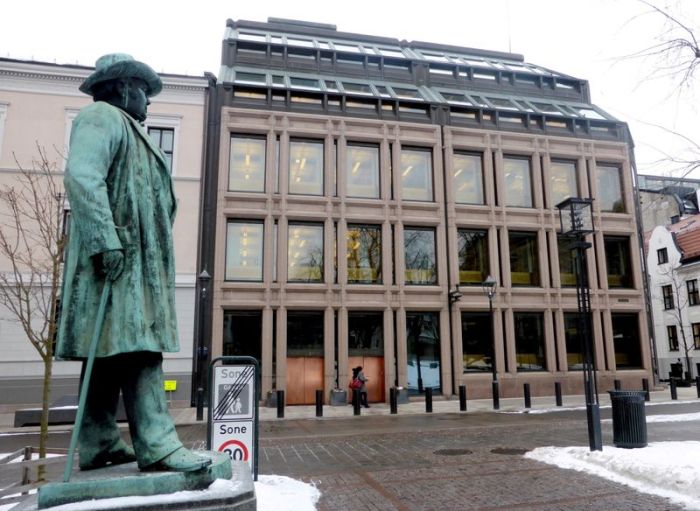By Tarek Amara
TUNIS (Reuters) -Four Tunisian parties said on Thursday that President Kais Saied had lost his legitimacy and called for an end to what they called a coup after he took control of legislative and executive powers, raising the prospect of a drawn-out confrontation over his intervention.
Saied said on Wednesday he would rule by decree and ignore parts of the constitution as he prepared to change the political system.
Attayar, Al Joumhouri, Akef and Ettakatol parties said in a joint statement that his move enshrined an absolute power monopoly.
Saied has held nearly total power since July 25 when he sacked the prime minister, suspended parliament and assumed executive authority citing a national emergency.
His actions have undermined the democratic gains of Tunisia’s 2011 revolution that ended autocratic rule and triggered the Arab Spring, despite his pledges to uphold the freedoms won a decade ago.
Thursday’s opposition statement increased the pressure on him. Although the four parties are not the most powerful, they hold influence in the streets, especially Attayar, which was close to Saied before his intervention.
“We consider the president has lost his legitimacy by violating the constitution.. and he will be responsible for all the possible repercussions of this dangerous step,” the four parties said in the statement.
Tunisia’s political elite have been squabbling for years, but Saied’s intervention may finally push them all together to oppose a power grab that has left them all on the outside.
“The important thing is that there is unity for these political parties after their dispersal for years. Saied’s decisions are pushing them towards unity and coordination,” said
Nizar Makni, professor of geopolitics at the University of Tunis.
Political activists who have rejected Saied’s moves have called for protests on Sunday along Habib Bourguiba Street, a focal point of the demonstrations that ended the rule of former President Zine El Abidine Ben Ali on January 14, 2011.
LABOUR UNION DISCUSSES STRATEGY
Anour Ben Kadour, a senior official in the powerful UGTT labour union, said: “Tunisia is heading towards absolute, individual rule.”
UGTT, which has about one million members and is a major force in Tunisian politics, has started a meeting to formulate a position on Saied’s actions and is expected to issue a statement on Friday.
While many Tunisians have backed Saied and see his actions as necessary to oust a corrupt and unpopular political elite after years of economic stagnation, his critics from across the spectrum say he is inexperienced and uncompromising.
Teacher Borhen Belhsan said Saied had done the right thing.
“In my opinion, the decisions taken yesterday by the President of the Republic were awaited and are in place, but they are modest, and they must be hastened. Why this delay? Who is making you shy, Mr. President?,” he said.
The leader of the moderate Islamist Ennahda party, Rached Ghannouchi, said on Wednesday that Saied’s declarations meant canceling the constitution. The party – the biggest in parliament – would not accept that, he said.
Ennahda — Saied’s most powerful organised opponent – described the president’s steps as “a clear tendency towards absolute authoritarian rule and a flagrant coup against democratic legitimacy.”
In a statement, it called for all political, social and civil society forces to unite ranks to defend democracy and to commit to a “tireless peaceful struggle”
Saied has cast himself as the scourge of a corrupt political elite and may welcome outright hostility with an array of parties that he blames for Tunisia’s failures since the revolution.
However, with no party or independent organisation of his own, he is now at odds with almost every organised political grouping in the country.
(Additional reporting by Jihed Abidellaoui; Writing by Tarek Amara and Michael Georgy;Editing by Alison Williams, Angus MacSwan, William Maclean)

























